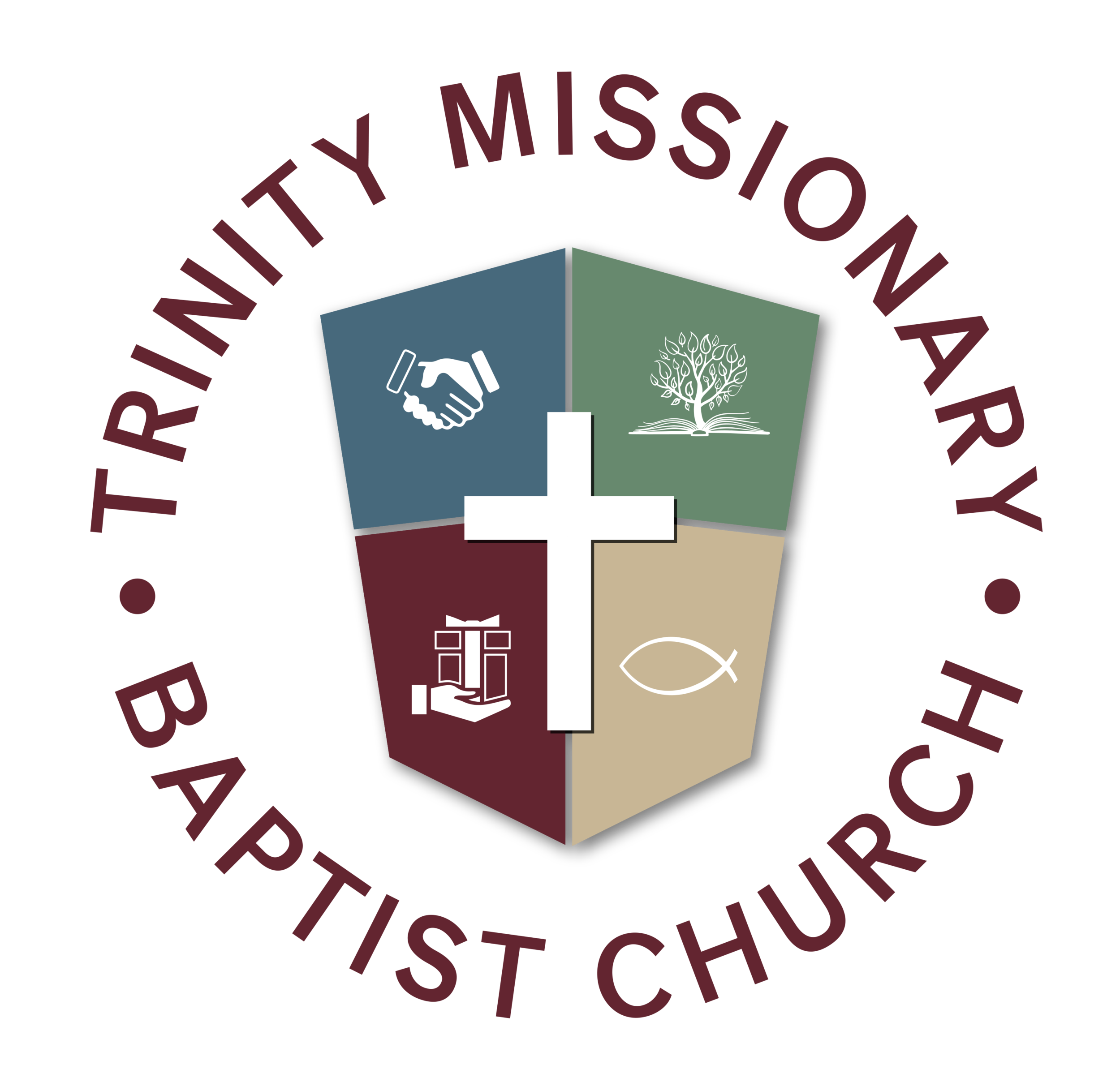“Biblical Stewardship”
2020 Stewardship Month
Mort Meyerson ranks as one of the most influential figures in the history of the computer industry. After joining EDS in 1966, he worked closely with founder Ross Perot not just to build a company but to invent an industry--outsourcing. In 1979, when he was named president of EDS, the company was generating annual revenues of $200 million. By 1986, when Meyerson left the company, revenues were $4.4 billion. In 1992 Meyerson joined Perot Systems.
Mort ran Perot Systems from 1992 to 1997 and created a stir when he canceled the company's annual Christmas party. He saw that the event (for 13,000 employees) was costing $360,000 and decided the money could be put to better use. He said, "We'll take the $360,000 and buy food and clothes and toys, and we will get our employees to take those things personally and deliver them to the inner city, to people who don't have anything."
The first reaction to his decision was outrage, followed by depression, then recognition that they were doing something different, and finally elation on the part of the people who made the deliveries. What did the event do for their employees? Meyerson stated: "It made them more human. It made them more effective as employees. It made them better family members." One employee told Meyerson, "This has changed my life." Even though Meyerson is not a professed Christian (he and his family practice “Tzedakah”—the Hebrew word for the just and righteous giving required of Jews) his perspective of giving and acts of generosity resemble Christian stewardship that is outward focused and transformative in nature.
Christian stewardship has its foundation in the understanding of God’s ownership. Alfred Martin says, “Unless we understand [God’s] absolute ownership and see our relationship to Him as our owner, we cannot approach the subject of stewardship in a meaningful way.” Any perspective of stewardship that does not start with God’s ownership of all creation is an antithetical perspective of stewardship, which is contrary to biblical stewardship. What is biblical stewardship? In A Workbook on Biblical Stewardship Richard E. Rusbuldt states,
Biblical stewardship is a way of living grounded in what the Bible tells us about our lives as God’s people in God’s created world. The Bible is God’s guidebook for us as we seek to live as God’s stewards. It contains stories of stewards from the past as well as guidance for us today. It is a book of hope and help that God has given us to let us know how we should care for all the things God has entrusted to us.
Rusbuldt also writes, “Biblical stewardship flows from God’s side of the relationship between the Creator and the created world. The Bible tells the story of a partnership between God and Christian stewards working together for the good of all creation.”
Paul Staggs offers the following comprehensive definition for biblical stewardship:
From the biblical point of view stewardship is grateful and obedient response to God for His undeserved gifts, acknowledging Him as the ultimate owner and sovereign Lord of life, which is held as a trust issuing in the voluntary and responsible use of one's total self and possessions to the glory of God and in loving service to one's neighbor.
As it relates to the role of the Bible in providing a basis for understanding God’s ownership and the believer’s responsibility to know, understand, and live as responsible stewards, Rusbuldt submits five essential points—
1. The Bible informs us about God’s point of view on the meanings and purposes of life.
2. The Bible gives us information about God’s hopes and plans for all creation.
3. The Bible emphasizes that God is a God of hope.
4. From beginning to end, the Bible stresses the interrelationship of all aspects of creation.
5. The Bible gives us information about the role of the Christian steward as a partner in God’s plans.
In a modified version of Rusbuldt’s comparison of ownership models, he teaches that God has different rules from man’s rule about ownership.
Ownership Model Biblical Stewardship Model
Human rules God’s rules
Human ownership God’s ownership
Stratified community: Covenant community:
the rich rule by power joint heirs, one household
“It is mine” “It is God’s”
Receive Return
Keep Share
Take Give
Me You
I We
Thus, understanding stewardship through a divine lens sees God’s absolute ownership (Ps. 24:1), lives by grace and not human effort (1 Cor. 15:10), values a grace filled community (Eph. 2:8), recognizes the need to give back to the original source (Prov. 3:9; 2 Cor. 9:6-9), looks beyond one’s own needs (Acts 2:45), and is more outward focused than inward focused (Phil. 2:3-4). I pray we move into 2020 with a better understanding of biblical stewardship and with a desire and dedication to be responsible stewards of the numerous things God has entrusted into our possession.

